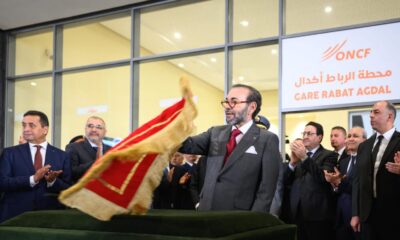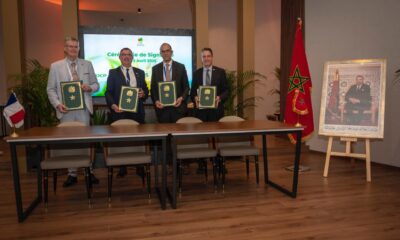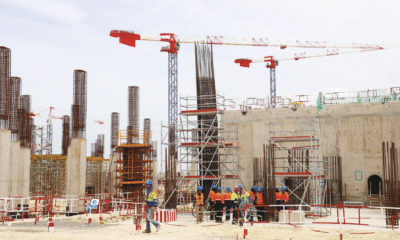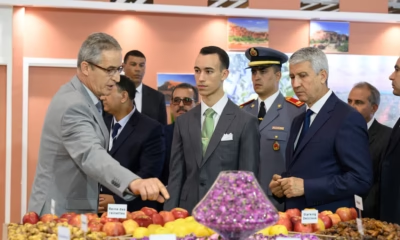Influences
Rabat-Paris Amid the Rollout of the ‘Strengthened Exceptional Partnership’
Between Rabat and Paris, Focus Turns to Consolidating Momentum in Bilateral Ties Defined by the ‘Strengthened Exceptional Partnership.’ Discussions earlier this week between the two countries’ foreign and interior ministers underscore this renewed drive. Insights.
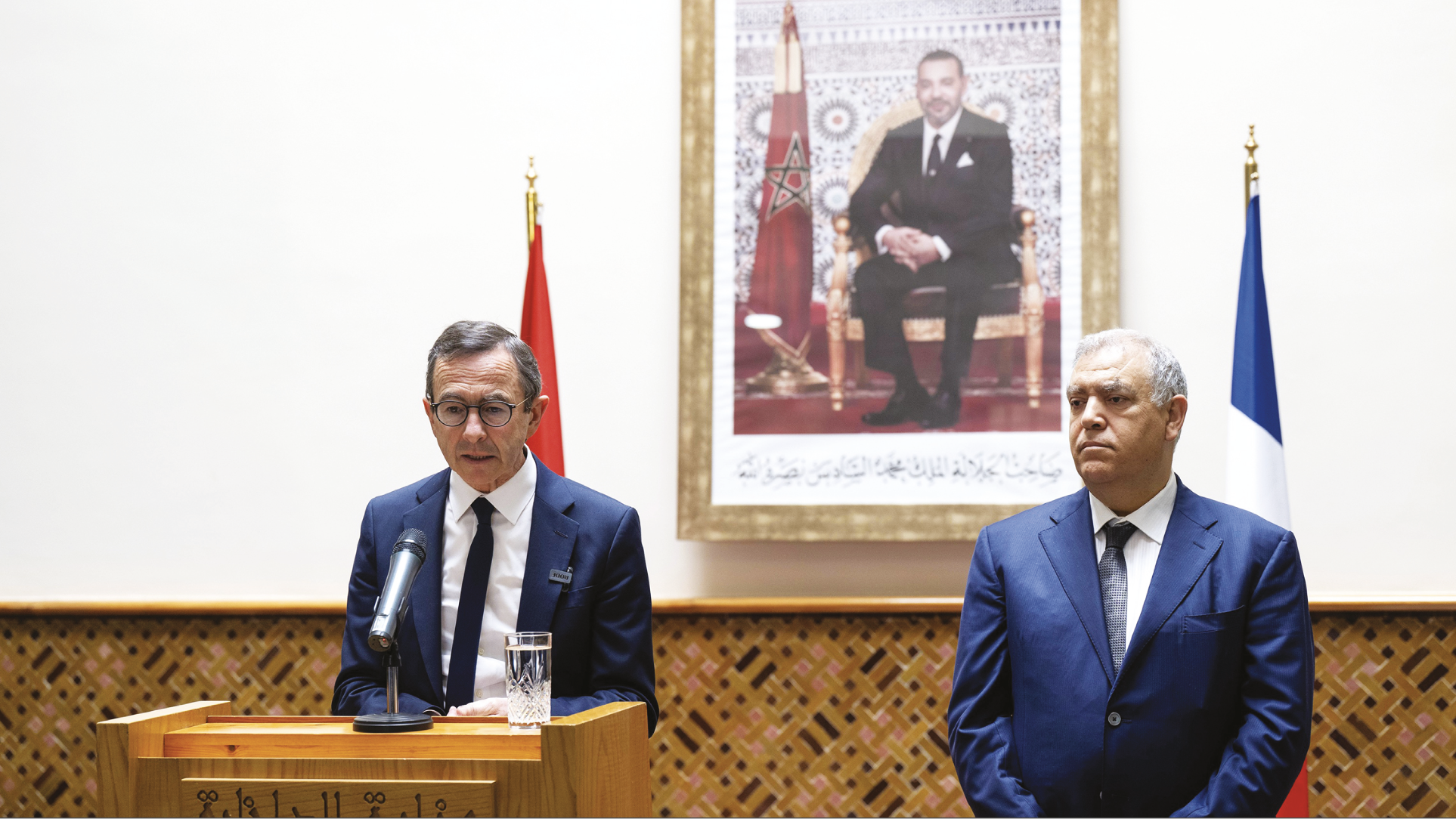
Monday, April 14. Another “exceptional” day in the process of reinforcing the equally exceptional relationship between the Kingdom of Morocco and France. Indeed, two high-level meetings took place: one between the foreign ministers of the two countries in Paris, and the other in Rabat between the interior ministers.
These two encounters are expected to inject fresh momentum into a relationship framed by the “Strengthened Exceptional Partnership,” whose launch was formalized during the state visit of French President Emmanuel Macron to Morocco in October 2024, at the invitation of King Mohammed VI.
During the meeting between Nasser Bourita and his French counterpart, Jean-Noël Barrot, the foreign ministers—according to a statement from the Quai d’Orsay—”welcomed the unprecedented dynamism of Franco-Moroccan bilateral relations, for which a ‘new chapter’ has opened” following Macron’s visit to Morocco.
The two officials also “reaffirmed the determination of both countries to strengthen, preserve, and defend the Strengthened Exceptional Partnership.” The meeting further served as an opportunity to “review progress in implementing this partnership across all sectors” and to agree on “deepening it further, sustained by numerous reciprocal visits and the execution of many agreements signed during the visit.”
From Bilateral to Multilateral
The momentum continues and will undoubtedly solidify further. Moreover, as in previous meetings, bilateral aspects did not overshadow the broader, extra-bilateral dimensions of Morocco-France relations.
The foreign ministers also discussed regional and international issues, particularly Euro-Mediterranean relations, the situation in the Middle East, and developments in Africa. In this context, acting in unison, they reaffirmed both nations’ commitment to “leveraging Franco-Moroccan cooperation to resolve regional crises and uphold international legal order.”
On the latter, their “shared resolve to collaborate in Africa through a joint roadmap” stands out. The implementation of outcomes from the French President’s state visit to Morocco is progressing step by step, translating shared ambitions into concrete action. Observers note that a “new inflection point” is anticipated ahead of a High-Level Meeting scheduled in Morocco this coming autumn.
Echoing this bilateral—and extra-bilateral—dynamic on the foreign policy front, the Rabat meeting between Moroccan Interior Minister Abdelouafi Laftit and his French counterpart, Bruno Retailleau, focused extensively on security cooperation and migration.
Roadmap
These two areas were central to the discussions, with both parties commending the “robustness of cooperation.” The ministers emphasized that this collaboration “operates within a distinctive framework, grounded in mutual trust to address shared challenges, guided by a common understanding of regional and international dynamics, and aligned strategic priorities.”
To further consolidate cooperation on migration, counterterrorism, and organized crime, Rabat and Paris have adopted a roadmap—finalized that same Monday—which, as Laftit stated during a joint press briefing, “will enable progress and resolve lingering issues” in these domains.
For his part, Bruno Retailleau underscored that his working visit to the Kingdom “comes at a pivotal moment, as the revitalization of bilateral relations has never been more intense.” He emphasized that this partnership “spans all areas, including security.”
This highly fruitful collaboration recently led to the arrest of major drug traffickers sought by France. Acknowledging Moroccan authorities’ support, Retailleau noted the “unprecedented dynamism” in bilateral relations and friendship.
The cooperation between the two nations’ competent agencies, “built on close coordination and intelligence-sharing,” has “effectively countered terrorist threats and achieved significant successes, including the dismantling of terrorist and criminal networks.”
It is reasonable to infer that both countries, driven by shared resolve, are steadfastly advancing toward realizing the ambitions of the “Strengthened Exceptional Partnership.”
Lack of Direction
While France, a UN Security Council permanent member, reiterates its commitment to resolving the Moroccan Sahara conflict, observers suggest Paris could mediate to persuade Algiers to demonstrate even minimal pragmatism.
Algeria’s regime, meanwhile, continues to “perplex” with its “endemic instability.” Fresh evidence of Algiers’ incoherence adds to its litany of inconsistencies, as exemplified by its dealings with Paris.
Against the backdrop of a “diplomacy” whose guiding principle is “what is stated one day is contradicted the next,” Algeria’s lack of strategic direction borders on the pathetic. One might question whether anyone could ever place even a shred of trust in the Algiers regime.

